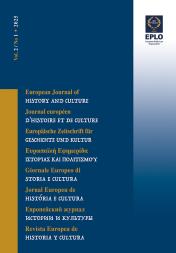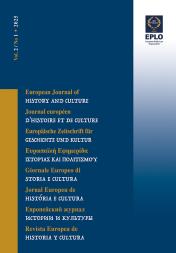
Greco futuro: testimonianze italiane agli inizi del III millennio d.C.
Caterina Carpinato
Professoressa Ordinaria di Lingua e letteratura neogreca Università Ca’ Foscari Venezia, prorettrice Terza Missione (2021-15.5.2024)
Future Greek: Italian Testimony at the Beginning of the 3rd Millenium AD
The paper consists of three distinct and interconnected units, within which certain aspects concerning the study of Greek language and culture in contemporary Italy are analysed. For a few years now, as soon as preenrolment in high school closes, the national press focuses on the ‘hemorrhage’ of enrolments in the Liceo Classico, which in 2024 registered 5.8% nationwide, a slight drop from the previous year’s 6.2%. In any case, we are talking about some 28,000 fourteen-year-old boys and girls who, from September 2024, will learn the Greek alphabet and begin to decline nouns and conjugate verbs in ancient Greek. Every day, the families of these children will hear about Greek (and Greek teachers). Are we really witnessing the sad demise of the Liceo Classico, or are we observing a phenomenon of change, which involves (and upsets) the quiet, neoclassical composure of the school tradition, kept poised between the past and the future after the reorganization of secondary schools, the Gelmini reform 2010? The second section focuses on the teaching of Modern Greek at the Ca’ Foscari University of Venice and on the prospects of teaching Neo-Greek in Italian schools. The last part takes its cue from an exhibition held at the Braidense National Library in Milan, which focused on the history of Greek learning in Italy from the mid-14th century until the Unification of Italy.
Keywords: Classical High School; Teaching Greek in Italy; ancient Greek; modern Greek; future
Parole chiave: Liceo Classico; Insegnamento del greco in Italia; greco antico; greco moderno; futuro



















